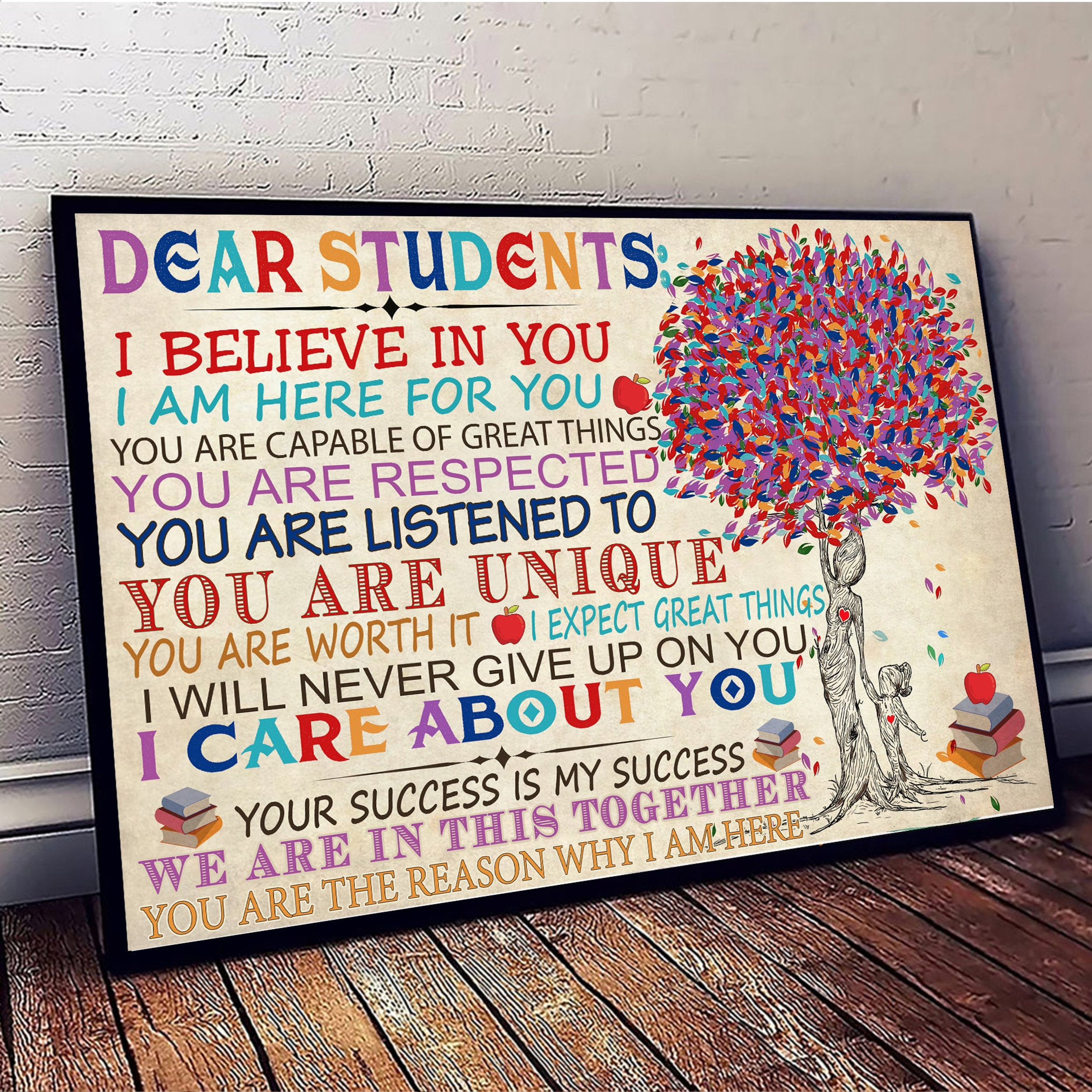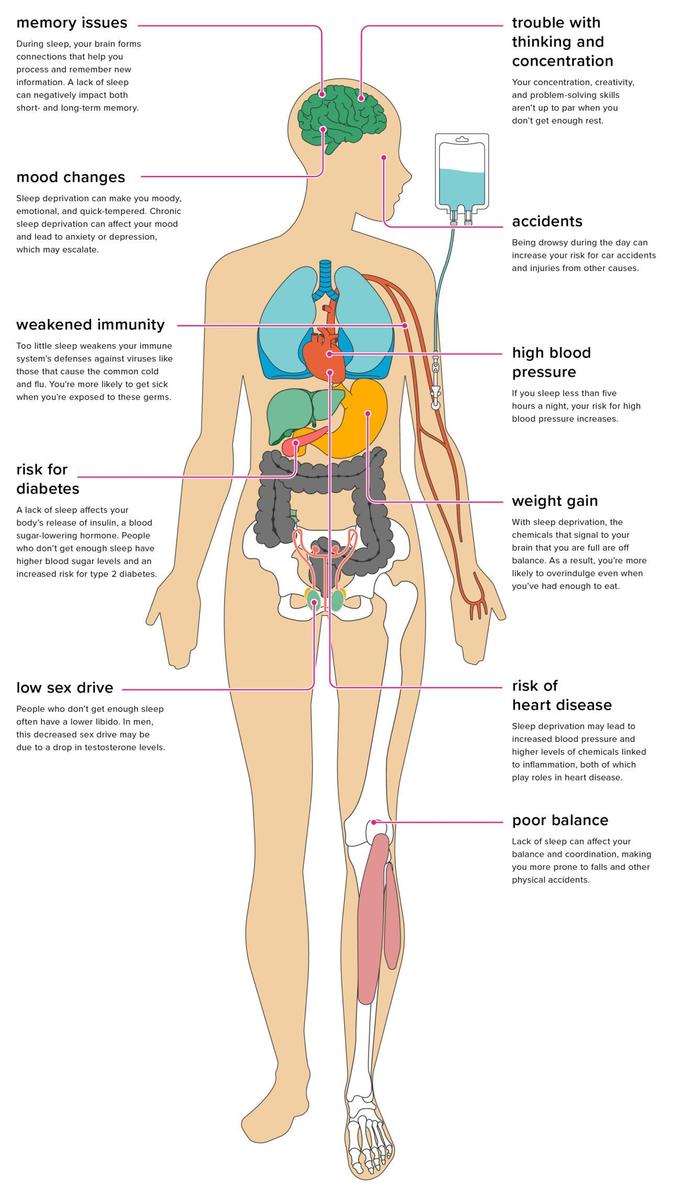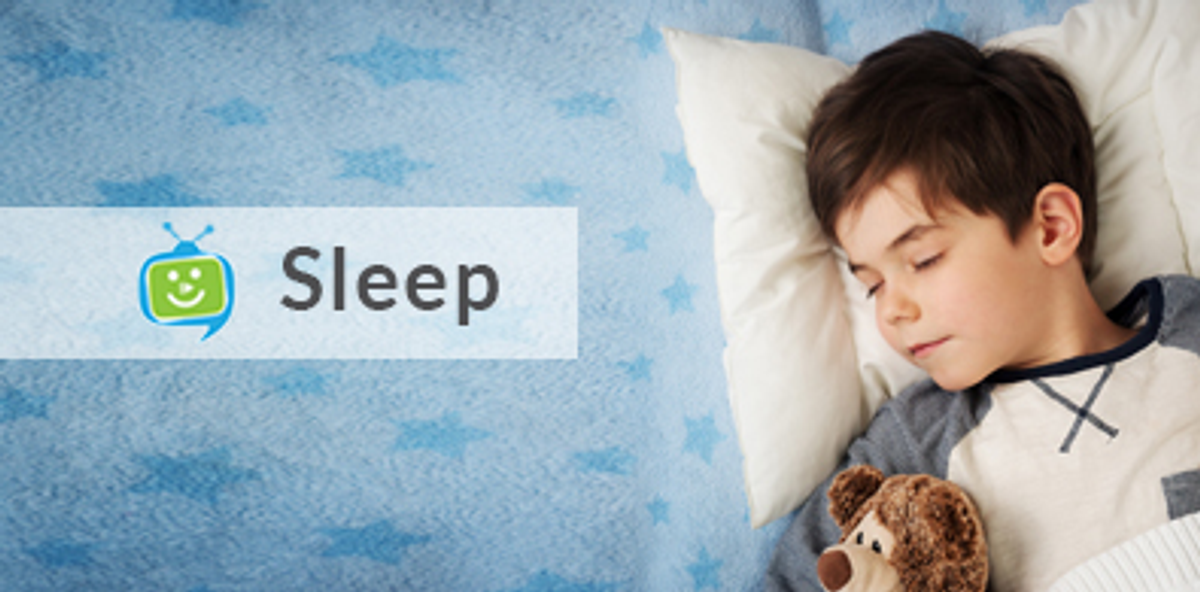MCC Counsellor and Well being News

What can we all do to improve our mental health and wellbeing?
The foundations to good mental health and wellbeing are three things that we have can easily improve - sleep, diet and exercise. This newsletter I will focus on sleep.
In today's overscheduled society, sleep may feel like a luxury, when in fact it's a necessity. Sleep is vital to our health, safety and overall well-being. Sleep recharges the brain, allowing it to learn and make memories. Andrew Fuller, a clinical psychologist explains the physiological impact of sleep on our brains: “Getting enough sleep is one of the most powerful ways we can protect ourselves against depression. The structures in the brain that support the most powerful antidepressant, serotonin, are built and re-built between the sixth and the eighth hour of sleep”.
A report commissioned by the Sleep Health Foundation found that inadequate sleep is highly prevalent in Australia with an estimated 39.8% of Australian adults experiencing some form of inadequate sleep. Another study by the Woolcock Institute of Medical Research stated that 70% of Australian High School students are sleep deprived because of technology, with more teenagers using smartphones, tablets, televisions, and gaming consoles late into the night. The situation is reportedly made worse because 40% of students are self-medicating with at least two energy drinks per day.
Sleep deprivation impacts on us physically, mentally and emotionally. Insufficient sleep has been linked to car crashes, poor work performance and problems with mood, feelings of sadness and irritability, poor relationships, reduced alertness, poor concentration, and poorer academic performance. Sleep deprivation also raises the risk of high blood pressure, heart disease, diabetes, obesity, depression and stroke.
The need for sleep is often underplayed, this fast paced culture will try to convince you that needing sleep is a sign of weakness. In fact many brag about the little sleep they get. Pulling all-nighters may feel like a badge of honour for some but it is proven to lower your performance. Think about the last time you stayed up late to finish an assessment, work on a presentation or stayed up all night gaming or watching movies. You likely dragged yourself to school or work the next day and had trouble concentrating, difficulty understanding what was going on around you or even putting your words together properly when you spoke.
Sleep deprivation produces impairments equivalent to those of alcohol intoxication. Studies have assessed the adolescent average of 5.5 hours of sleep per night to be equivalent to a 0.08 blood alcohol level. A sign that you shouldn’t be driving a car, but you are also not performing any tasks as well as you are capable.
Here are some tips to promote a good night's sleep:
- Try to get up at about the same time each morning.
- Do physical activity during the day, preferably outside.
- If you're worrying about things during the night, set aside some time for problem-solving during the day.
- Avoid drinks that contain caffeine (e.g. tea, coffee or soft drinks) after 4pm as it’s a brain stimulant.
- Allow yourself time to wind down before going to bed. If you're working or studying, stop at least 30 minutes before bedtime. Try to relax before bed, avoiding phones, tablets and TV.
- Keep your bed for sleep not studying or watching movies etc. so your brain learns to associate going to bed with sleep
For more information and handy hint on sleep, please check out School TV.
Here is the link to the Sleep edition:


